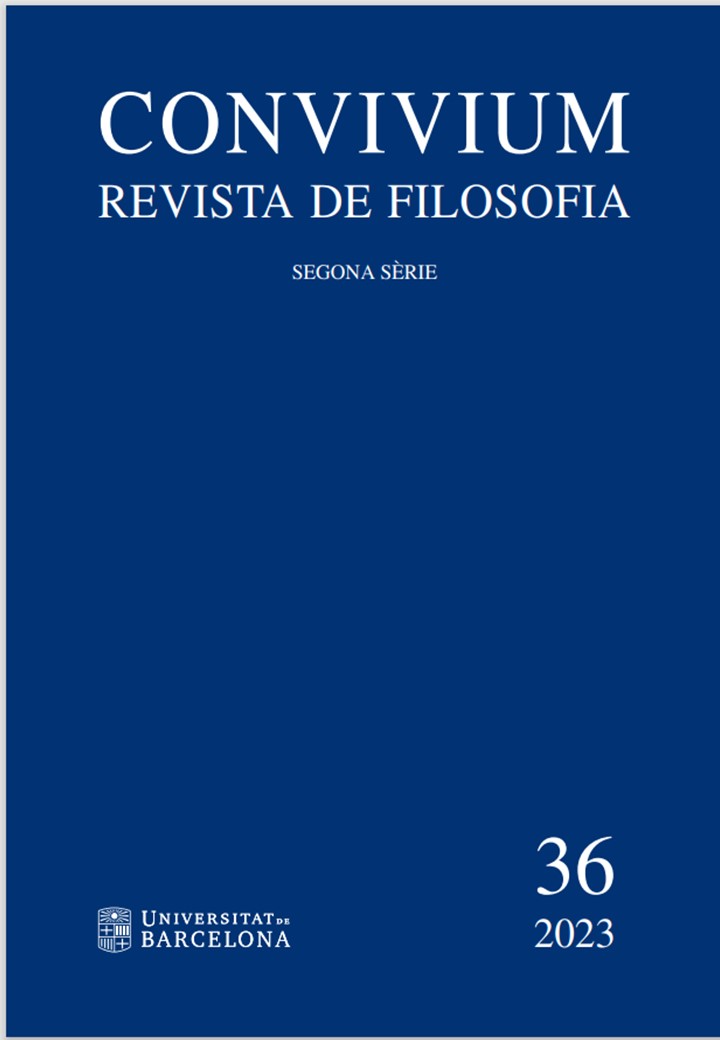Hobbes and Lenin: from the Genesis to the Extinction of the State
DOI:
https://doi.org/10.1344/conv36.730.45271Keywords:
Hobbes, Lenin, Modern State, Leviathan, MarxismAbstract
Thomas Hobbes is the main architect of the modern conception of political sovereignty and, consequently, of its articulation in what will become the modern state. His political philosophy would seek mechanisms for the maintenance of the conditions of sovereignty, conceived as the only guarantee for peaceful coexistence in civil soci ety. On the other hand, almost two and a half centuries later, Vladimir I. U. Lenin will systematise the contributions of Marx and Engels on the Marxist theory of the state, in which it is defined as a machinery, dictatorship or special organisation or force of repression of one class by another, proposing its seizure by the oppressed class and, ultimately, its extinction towards the overcoming of social conflict. We are thus faced with two historical and philosophical moments in the genealogy of the modern state, namely the theory of its genesis in Hobbes and the theory of its extinction in Lenin. Both Hobbes and Lenin start from the same premise: the real conflict in the present; and the same purpose: to achieve peace among human beings.
Downloads
Published
Issue
Section
License
Copyright (c) 2023 Author

This work is licensed under a Creative Commons Attribution-NonCommercial-NoDerivatives 4.0 International License.
The author retains copyright. You are free to:
- Share — copy and redistribute the material in any medium or format
- The licensor cannot revoke these freedoms as long as you follow the license terms.
Under the following terms:
- Attribution — You must give appropriate credit , provide a link to the license, and indicate if changes were made . You may do so in any reasonable manner, but not in any way that suggests the licensor endorses you or your use.
- NonCommercial — You may not use the material for commercial purposes .
- NoDerivatives — If you remix, transform, or build upon the material, you may not distribute the modified material.
- No additional restrictions — You may not apply legal terms or technological measures that legally restrict others from doing anything the license permits.
Notices:
You do not have to comply with the license for elements of the material in the public domain or where your use is permitted by an applicable exception or limitation .
No warranties are given. The license may not give you all of the permissions necessary for your intended use. For example, other rights such as publicity, privacy, or moral rights may limit how you use the material.



